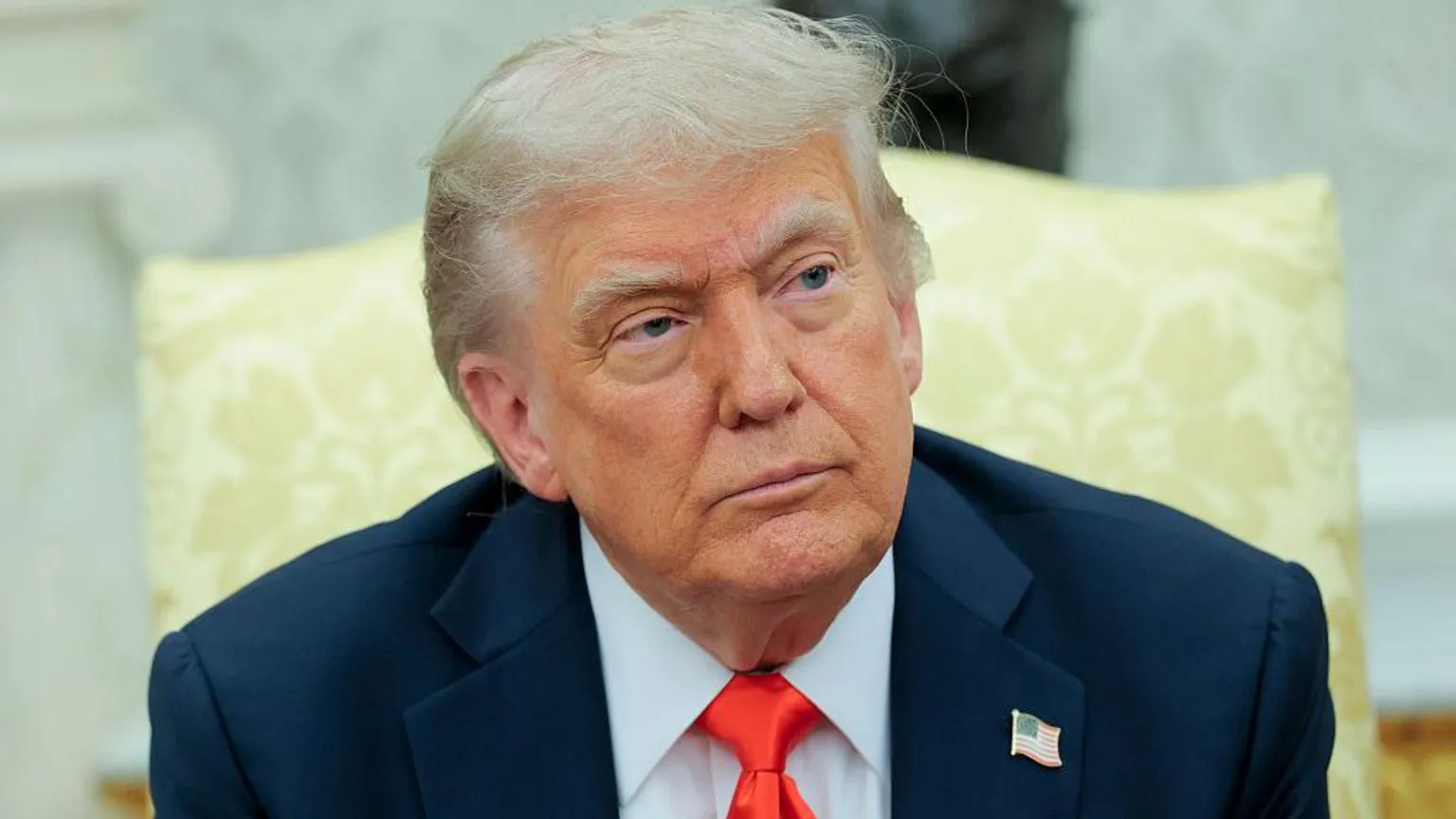Tajik MP Proposes a Social Media Ban for Children Under 14 – The Diplomat – Asia-Pacific Current Affairs Magazine
By Kulobiddin Norov
Copyright thediplomat

A Tajik lawmaker, Dilnoza Ahmadzoda, has proposed banning access to social media for children under 14 and requiring written parental consent for adolescents aged 14 to 17. In an article in Narodnaya Gazeta, Ahmadzoda noted that recent amendments to the Law on the Protection of Children’s Rights, aimed at tackling false and harmful content, did not go far enough and that a ban was necessary. The proposal immediately sparked debate online, with some supporting tighter restrictions while others highlight the potential benefits of social media for education and personal development. Internet access in Tajikistan is the most expensive in Central Asia, but local telecom providers often include free data in their mobile plans for specific social media platforms, making them the main sources of information, activism, and entertainment for Tajiks. Most social media platforms, such as Google’s YouTube and Meta’s Facebook and Instagram, already restrict registration to users aged 13 or older and have age restrictions on accessing certain content. However, users self-report their birthdates during sign-up with minimal validation, making these restrictions easy to bypass. It was unclear from Ahmadoza’s article how the lawmaker plans to enforce stricter age restrictions in Tajikistan. Tajik media experts also pointed out that additional restrictions on social media platforms are pointless, as these platforms already cooperate with governments worldwide to geographically restrict certain content. The internet remains tightly controlled in Tajikistan. Since 2016, the government has required all internet service providers (ISPs) to route international traffic through the state-controlled Unified Electronic Communications Switching Center, also known as the Single Communications Gateway, purportedly for national security and counter-terrorism monitoring. In practice, the Single Communications Gateway provides the government with extensive control over the Internet, enabling widespread surveillance and easy censorship of online content. The 2015-2017 amendments to anti-terrorism laws legalized shutting down the Internet or blocking communications without a court order during security operations. The authorities have repeatedly ordered nationwide internet blackouts or social media restrictions during periods of unrest or protests and rallies by opposition groups abroad. Critical news websites and independent media outlets, such as Radio Free Europe/Radio Liberty, Asia Plus, and Pamiri community sites, are frequently inaccessible in Tajikistan. Regulations aimed at limiting extremism, critical views of government figures, and anti-state activities impose criminal charges and imprisonment for various online actions. Beyond censorship, the government exerts regulatory and economic control. Licensing requirements are strict: ISPs and telecom operators must obtain permits from authorities, which can be revoked if they displease the regime. The government owns a stake in several major telecom operators, either through the state-owned Tajiktelecom or via business tycoons with ties to the regime, and utilizes taxes and fees to apply further pressure. In 2018, the government deprived ISPs of the right to purchase international bandwidth directly, forcing them to buy from Tajiktelecom at inflated prices, with bandwidth sold in 2019 at around $53,000 per Gbps. Current prices are confidential. As a result, internet data in Tajikistan is the most expensive in the region, with an average mobile data price of $1.65 per GB in 2024 (ranking 142nd out of 238 globally), compared to Kyrgyzstan at $0.17/GB, Uzbekistan at $0.30/GB, and Kazakhstan at $0.41/GB. Limited investment, challenging mountainous terrain, and a poor economic environment have further hindered internet infrastructure development in Tajikistan. Maintaining telecommunication lines in remote mountainous regions is both technically difficult and costly, resulting in large parts of rural Tajikistan relying on outdated networks or remaining offline entirely. Out of a population of 10.24 million, only 41.6 percent have access to the internet, mostly via mobile data. Mobile network quality is ranked low worldwide: in February 2025, Tajikistan was 139th of 143 countries for mobile internet speed and 118th of 154 for fixed broadband speed. The average mobile download speed was under 10 Mbps, and fixed broadband averaged approximately 33-34 Mbps, far below global averages.



